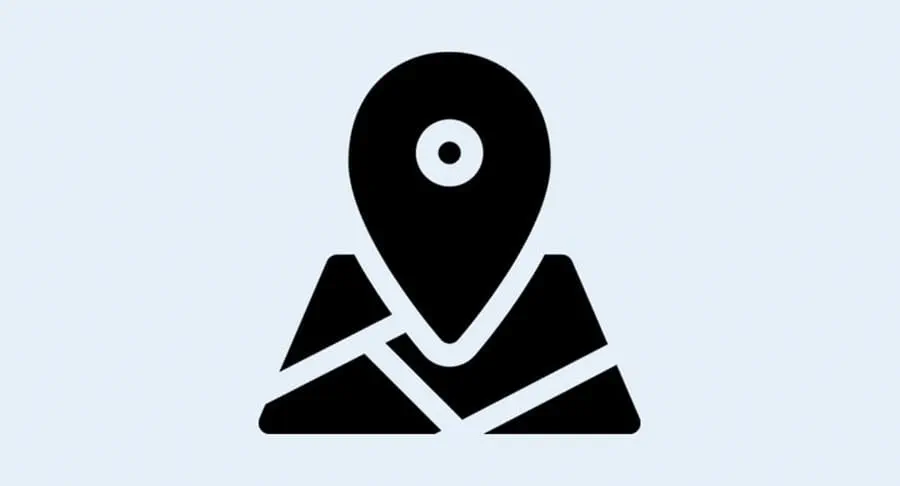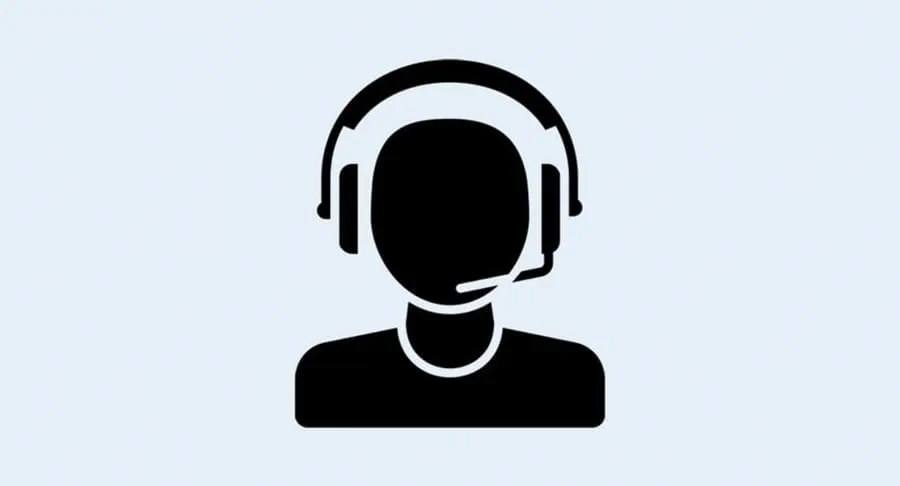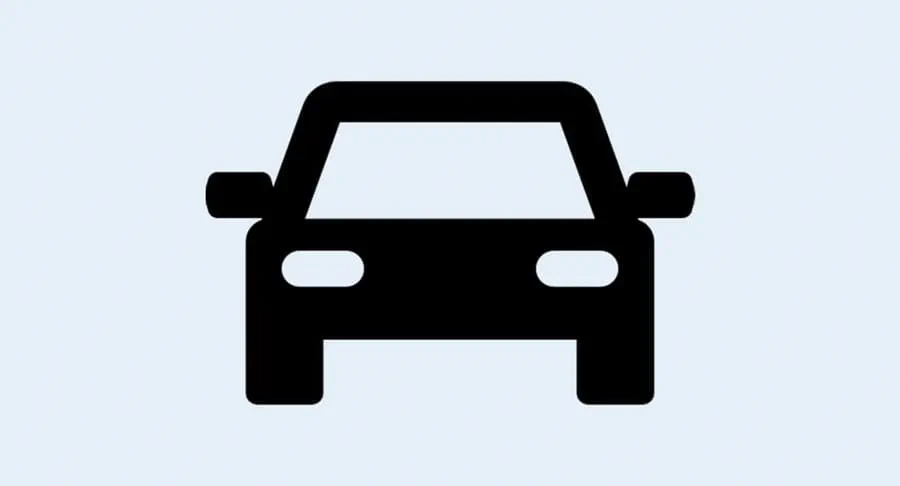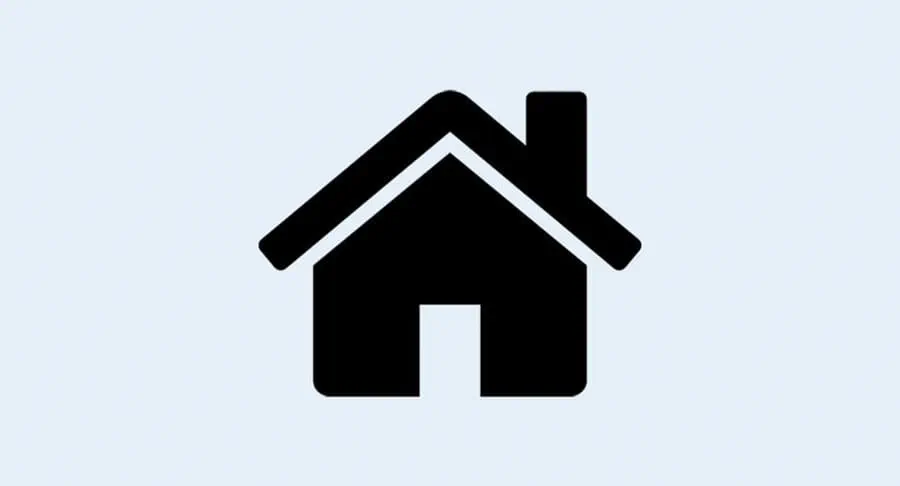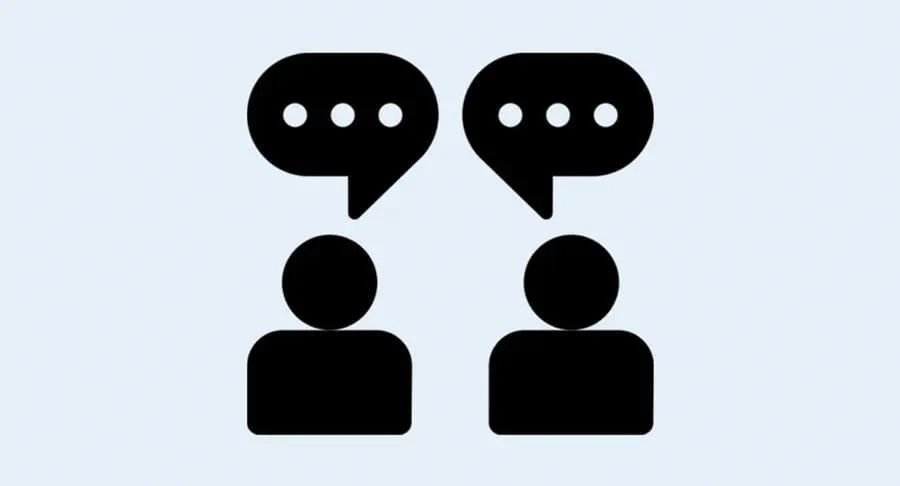Older adults
Canada's population of older adults is growing quickly because people are living longer and healthier lives. In 2022, there were over 7 million people aged 65 and older in Canada. This makes up about 20% of the population. The risk of getting cancer goes up as people get older, so as the population ages, more older adults will be diagnosed with cancer. In 2021, about 63% of cancer cases were expected to be in older adults.
Even though older adults make up the largest group of new cancer cases, they often do not get the same information and treatment options as younger people. Ageism, which is when people are treated unfairly because of their age, is a big reason for these disparities in cancer care for older adults. Healthcare providers may not discuss treatment options as thoroughly with older adults because of their own assumptions about age and cancer. This means older adults have a lot of unmet needs in cancer care, like how to deal with fear, getting enough information about side effects and possible treatment outcomes, and learning what decisions they need to make about their care. This can lead to either too much or too little treatment and worse outcomes for older adults.
No one should face a cancer diagnosis alone or lack access to the information and care they need. But for older adults and their loved ones, there can be unique challenges and barriers that make a cancer experience more difficult than it needs to be. The Canadian Cancer Society (CCS) acknowledges its responsibility to provide cancer information, support and practical services to older adults with cancer, as well as advocate for healthy public policy and fund research focused on advancing health equity.
CCS has released Advancing Health Equity Through Cancer Information and Support Services: Report on communities that are underserved. The report describes the gaps, barriers and challenges faced by 10 identified underserved communities, including older adults with cancer. It offers insight on how to better engage with and improve supports for these communities who, like all people in Canada, deserve access to cancer care.
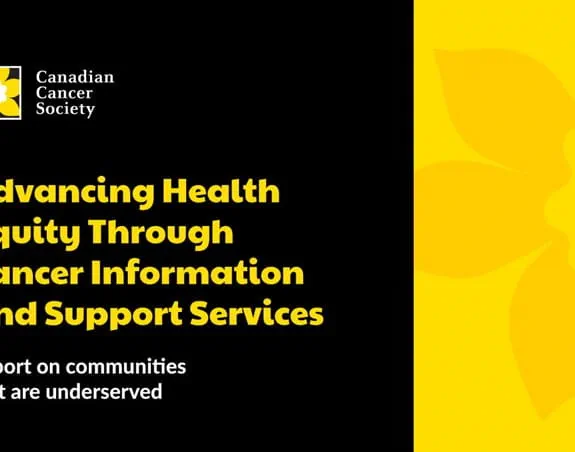
Our programs and services
All CCS staff are offered diversity, inclusion, belonging and equity training. This training helps us ensure that our physical spaces like lodges, camps and vehicles, as well as our services over the phone, chat and email, are safe, welcoming and inclusive.
Our cancer information, support and practical programs are for everyone in Canada, but here are ways that they support older adults with cancer in particular.
Cancer information
Community Services Locator
Cancer Information Helpline
Wheels of Hope
Accommodations
Online cancer support community
Dauntless
When Dianne was finally ready to retire at age 66, she was diagnosed with stage 4 lung cancer. Hear about her treatment journey and how she found support through CCS and continued to move forward with living.


